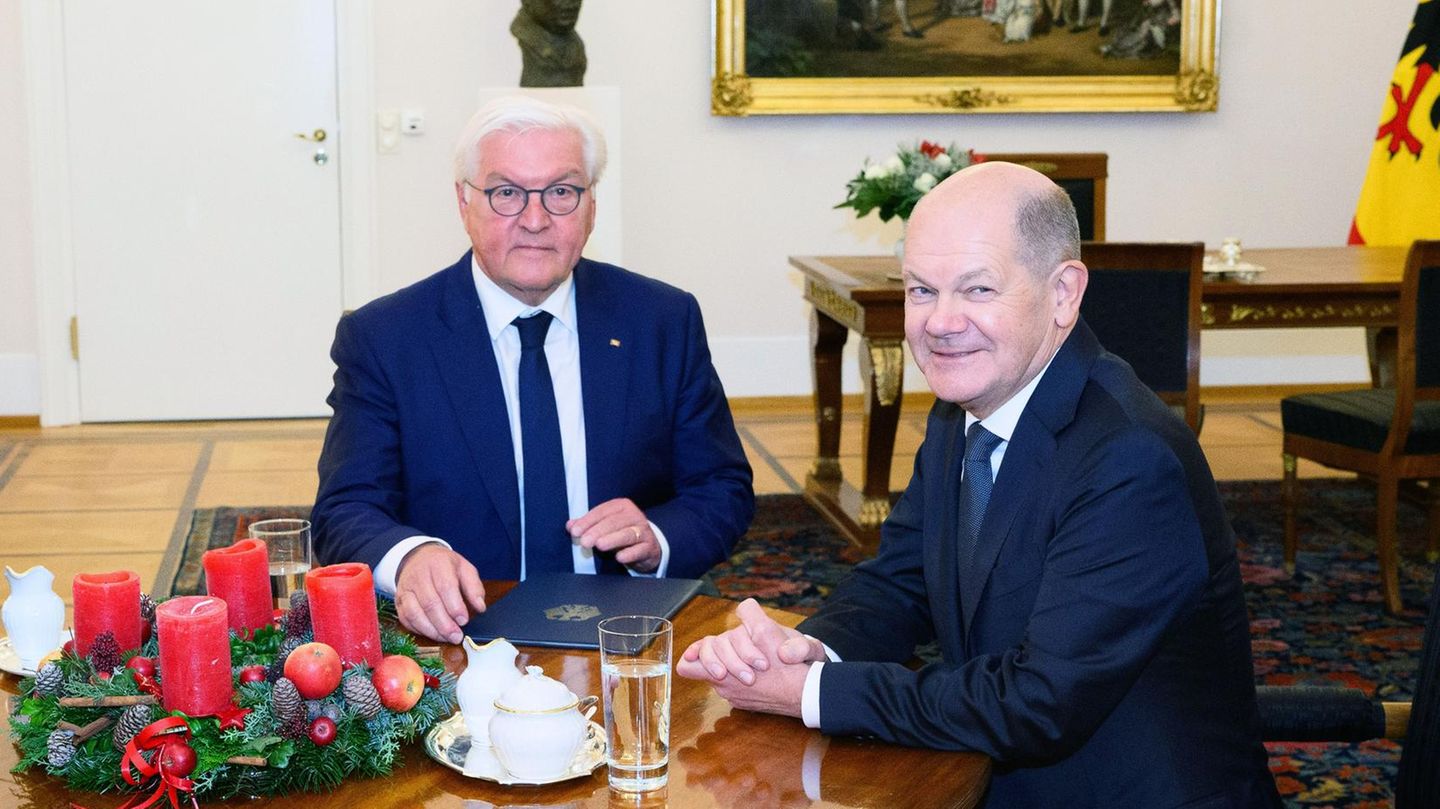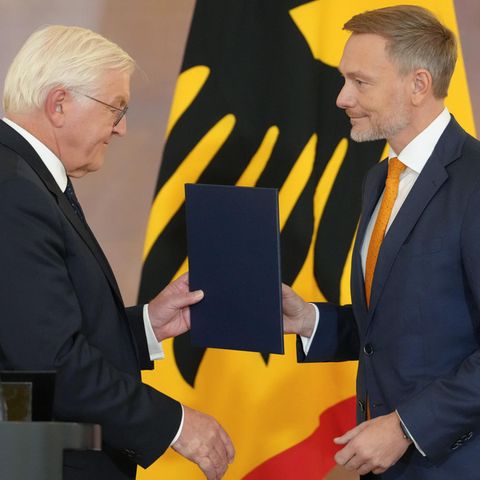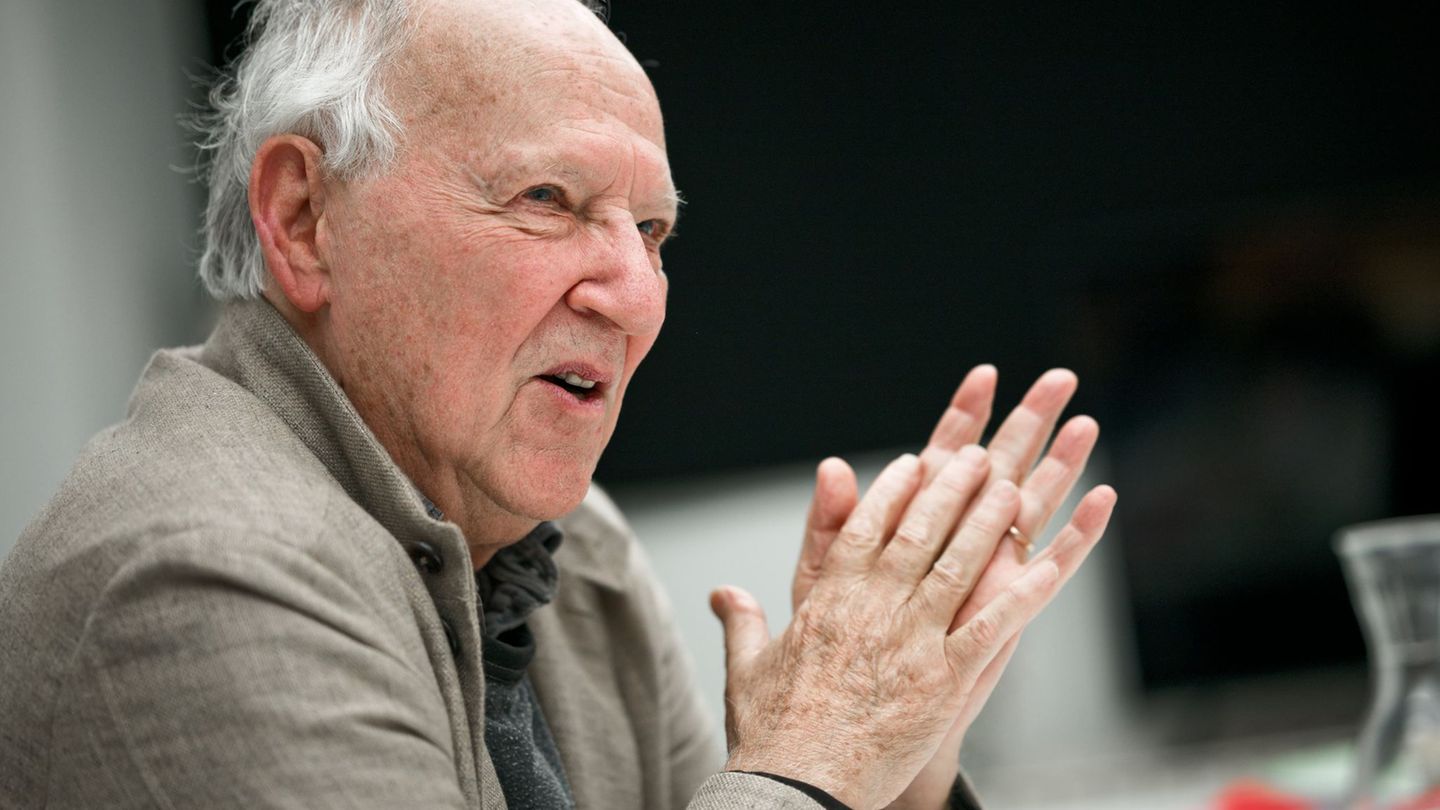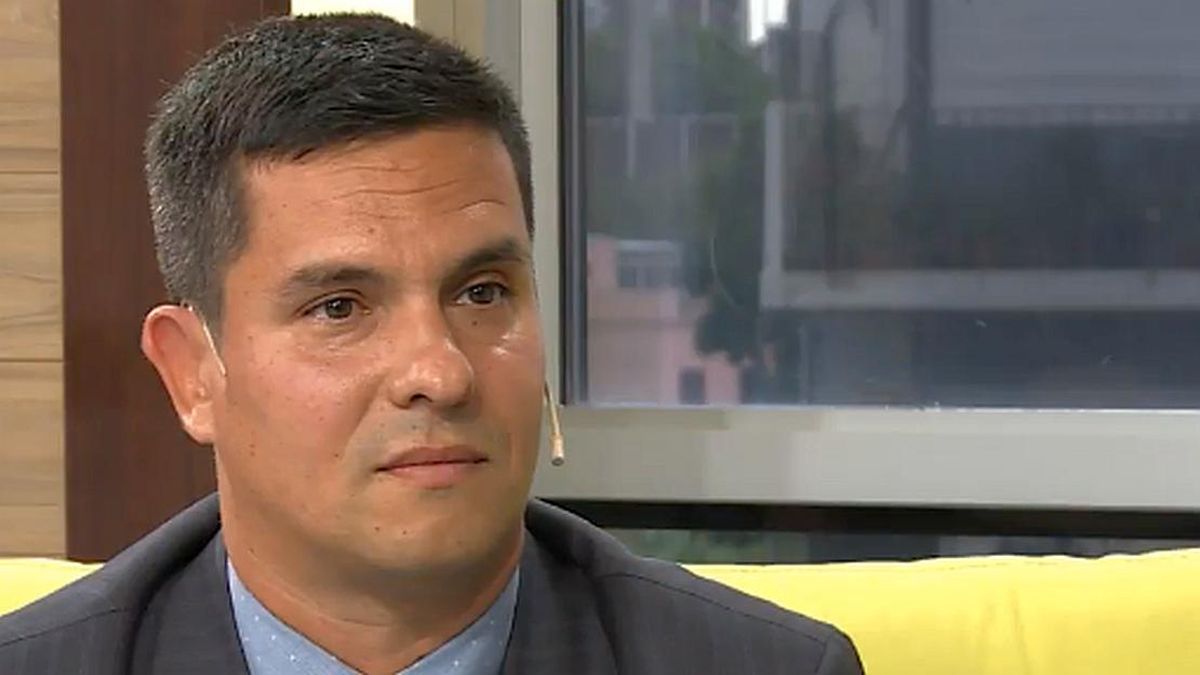Lost question of trust
The Federal President will not decide on new elections until after Christmas
Copy the current link
Olaf Scholz wants new elections – he has already lost the necessary vote of confidence, now Federal President Frank-Walter Steinmeier has to decide. But he wants to be on the safe side.
Federal President Frank-Walter Steinmeier will announce on December 27th whether he will dissolve the Bundestag and call a new election after Chancellor Olaf Scholz (SPD) lost a vote of confidence. He announced this in Berlin. The parties have so far planned the new election date to be February 23rd. But the Bundestag cannot dissolve itself. According to Article 68 of the Basic Law, the decision on this lies with the Federal President.
Scholz asked a vote of confidence in the Bundestag last Monday and lost the vote – as desired. He then suggested to the Federal President that the Bundestag be dissolved and thus allow new elections. According to the Basic Law, the Federal President can do this within 21 days. He is not obliged to do so.
Country needs “effective government”
Steinmeier had already made it clear immediately after the traffic light coalition broke that he was willing to dissolve parliament. He explained that the Basic Law makes this decision subject to conditions. “But our country needs stable majorities and a government capable of acting. That will be my benchmark,” said Steinmeier at the time.
There can no longer be any talk of a stable majority after the FDP leaves the federal government. Scholz is now at the head of a red-green minority government.
Steinmeier is also likely to confirm the date of February 23rd, which was agreed upon by the SPD and Union faction leaders. He has already described this as “realistic”.
Steinmeier spoke to leaders of parliamentary groups and groups about new elections
In the past few days, Steinmeier held talks with the chairmen of all parliamentary groups and groups in the Bundestag – “to make sure that there is no longer any prospect of a stable parliamentary majority for a federal government,” as he said in his statement on Friday.
An ulterior motive may have been to make the decision legally secure in the event of a possible challenge before the Federal Constitutional Court. Karlsruhe had already had to deal with the dissolution of the Bundestag in 1983 and 2005 after members of parliament sued.
The 1983 ruling stated that the Chancellor should only be allowed to initiate proceedings under Article 68 of the Basic Law if it was no longer politically guaranteed for him to continue to govern with the existing balance of power in the Bundestag. “The political balance of power in the Bundestag must impair or paralyze its ability to act in such a way that it cannot meaningfully pursue a policy supported by the constant trust of the majority.”
This applies to the current situation. So far it is not foreseeable that MPs will want to go to Karlsruhe.
DPA
mkb
Source: Stern
I have been working in the news industry for over 6 years, first as a reporter and now as an editor. I have covered politics extensively, and my work has appeared in major newspapers and online news outlets around the world. In addition to my writing, I also contribute regularly to 24 Hours World.





